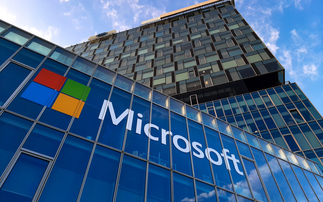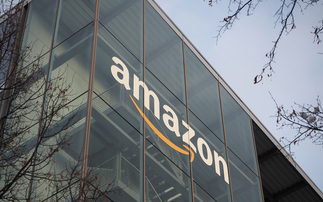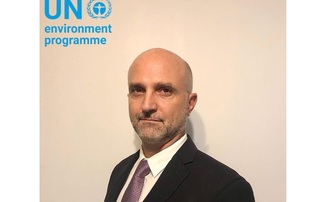Corporate investment in carbon offsets is helping to fund a project in West Africa that is delivering on multiple Sustainable Development Goals through its protection of precious forest habitats and its services for local communities
The Upper Guinean Forest of West Africa is one of only three forested biodiversity hotspots in Africa. Until the end of the 19th century it covered most of Sierra Leone, Liberia, South-East Guinea, Southern Ivory Coast and South-West Ghana, but less than a fifth of this rainforest remains today.
The Greater Gola Landscape, straddling the Sierra Leone-Liberia border comprises the largest remnant of this critical ecosystem - over 350,000 hectares in a mosaic of protected areas, community forests, and smallholders' agricultural lands.
It is a crucial hub for biodiversity, home to the critically-endangered Western chimpanzee and pygmy hippo, along with 47 other larger mammal species, 327 bird species, and 650 endemic plant species. But like so many rainforest around the world it remains under threat on multiple fronts.
ClimateCare, an Oxford-based carbon offset provider, works with a joint venture between the RSPB, the Sierra Leone government, and the Conservation Society of Sierra Leone to help address some of the environmental challenges faced by this hiugh value habitat. The organisation works with forest edge communities, helping to create alternative livelihoods to using the forest for timber, with ClimateCare's clients helping to fund the group.
"The local communities have traditionally grown cocoa as a cash crop, so we're working with farmers to increase the productivity of the trees through better farming techniques and we're also teaching people about agroforestry," says Tom Morton, ClimateCare director. "This involves them growing other crops between the cocoa trees, such as pineapples, bananas and maize. It's a much more holistic system that can increase yields and revenues for farmers."
Agricultural outreach workers also focus on improving the quality of the cocoa crop, simply by measuring the moisture content of the beans and sending them back to be dried for longer if they are too wet. "This creates a more consistent, premium product and it is one that is traceable, enabling the farmers to sell some of their crop directly to chocolate makers, enabling them to increase their incomes," Morton adds.
The project has helped communities further diversify their incomes by growing rice, and it has also set up a savings and loan programme that has enabled local people - many of them women - to borrow small amounts to set up their own businesses. "One woman went to Freetown (the capital of Sierra Leone) and bought a load of hair and beauty products, which she was able to sell in her community," recalls Morton. "Another did the same thing with shoes. These opportunities were not there previously, particularly for women."
No one initiative on its own is a silver bullet but this holistic approach to engaging communities and increasing prosperity is all aimed at avoiding deforestation and therefore generating carbon credits that are sold to companies looking to offset their emissions or those of their customers.
All of these activities are aimed at protecting the forest rather than cutting it down for timber. "We do a lot of education about the benefits of trees being left standing, such as their role in rainfall patterns," Morton points out. "And we talk about the benefits of not eating bush meat, which means more animals, which in turn means more tourists and more employment. We're also working on setting up a ranger team to monitor the wildlife and look out for snares."
The project addresses a number of aspects of SDG15, including Target 15.2 to "promote the implementation of sustainable management of all types of forests, halt deforestation, restore degraded forests and substantially increase afforestation and reforestation globally"; target 15.5, which promises to "take urgent and significant action to reduce the degradation of natural habitats, halt the loss of biodiversity and, by 2020, protect and prevent the extinction of threatened species"; target 15.7 to "take urgent action to end poaching and trafficking of protected species of flora and fauna and address both demand and supply of illegal wildlife products", thanks to its training of rangers; and target 15.9 to ensure that "by 2020, integrate ecosystem and biodiversity values into national and local planning, development processes, poverty reduction strategies and accounts".
But, given the interconnections between the SDGs, it also helps contribute to a number of other goals, including SDG1 on No Poverty, SDG 5 on Gender Equality, SDG8 on Decent Work and Economic Growth, and SDG13 on Climate Action.
At the same time, the project, which reduces global carbon emissions by half a million tonnes of CO2e annually, also plays an important role in the rebuilding of lives after over a decade of civil war and, more recently, the worst ever recorded outbreak of Ebola.
"Not every ton of emissions reductions is the same," Morton says. "Here, you're paying for emissions reductions but there are a host of other environmental and social benefits as well."







